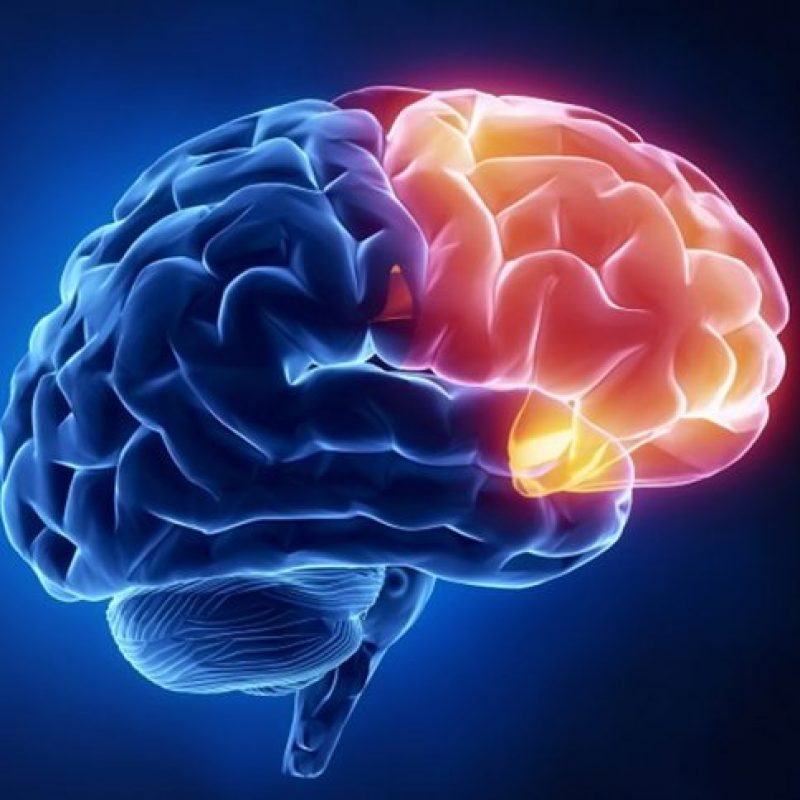Dementia
Dementia is not a single disease – it’s an overall term that covers a wide range of specific medical conditions, including Alzheimer’s disease. Disorders grouped under the general term “dementia” are caused by abnormal brain changes. These changes trigger a decline in thinking skills, also known as cognitive abilities, severe enough to impair daily life and independent function.
There is no one test to determine if someone has dementia. Physicians diagnose types of dementia based on a careful medical history, a physical examination, laboratory tests and functional imaging. Among der various tests, Positron Emission Tomography (PET) is known as the gold standard in dementia diagnostic.
read Whitepaper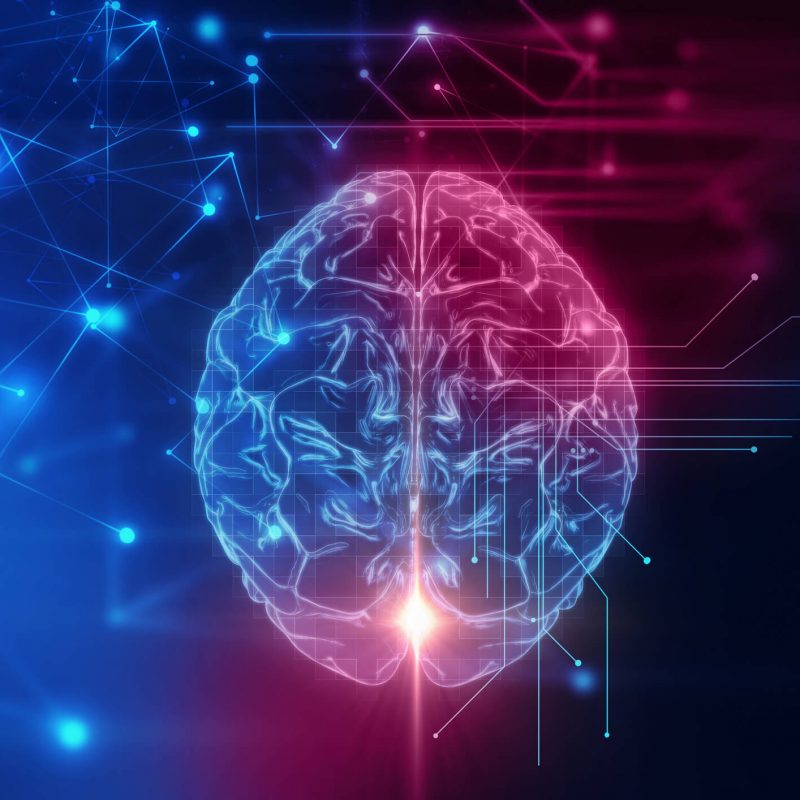
Alzheimer’s Disease
Alzheimer’s disease affects around 40 million individuals worldwide causing a tremendous medical and socio-economic burden. Specialized dementia diagnosis is critical to be able to offer individualized therapy and to monitor treatment progress. This is why we developed a solution which makes specialized Alzheimer’s disease diagnostic more broadly available.
Click here to access NeuroLF brain images and see how they compare to a state-of-the art whole body PET/CT device.
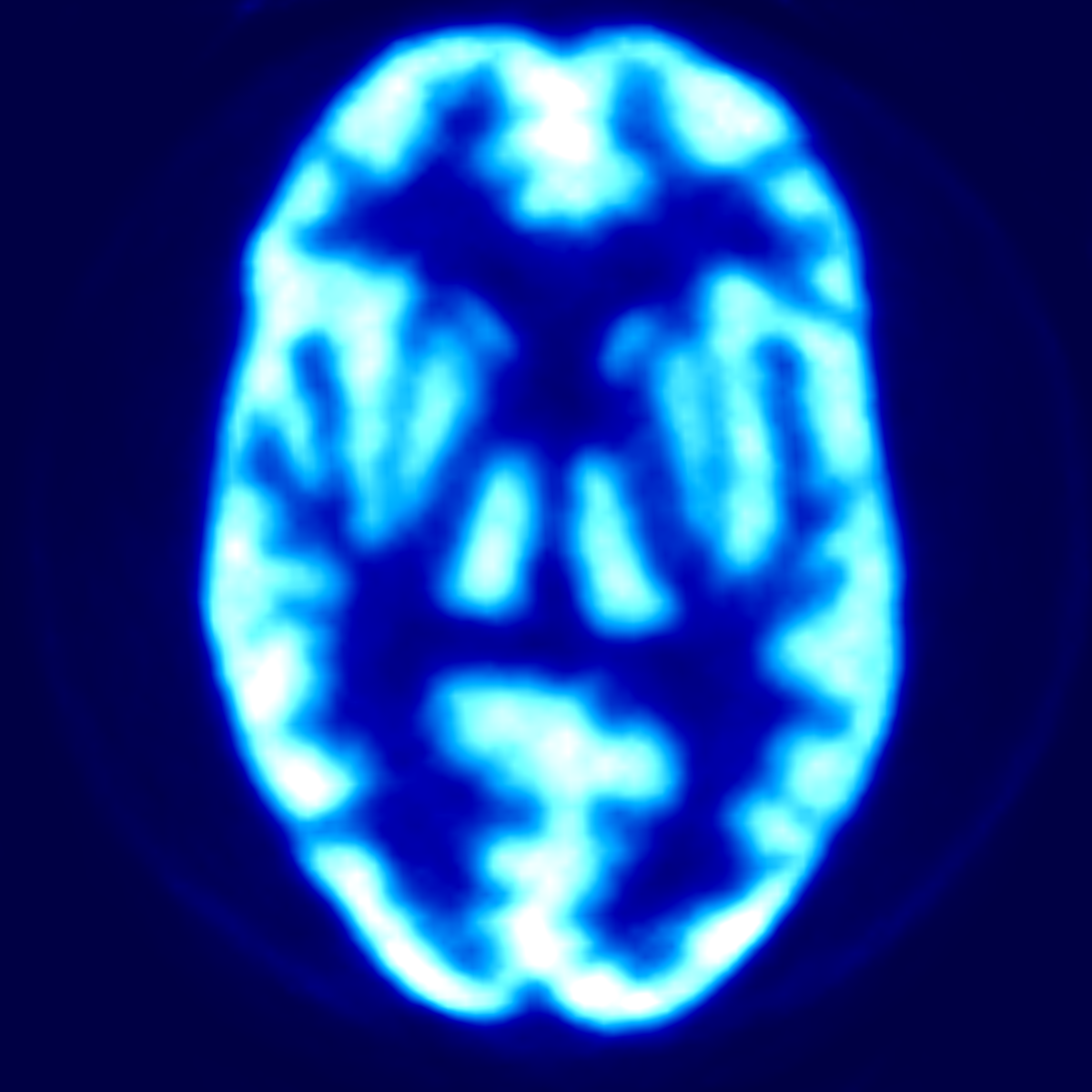
Lewy Body Dementia
Lewy body dementia (LBD) is a disease associated with abnormal deposits of a protein called alpha-synuclein in the brain. These deposits, called Lewy bodies, affect chemicals in the brain whose changes, in turn, can lead to problems with thinking, movement, behavior, and mood. Lewy body dementia is one of the most common causes of dementia.
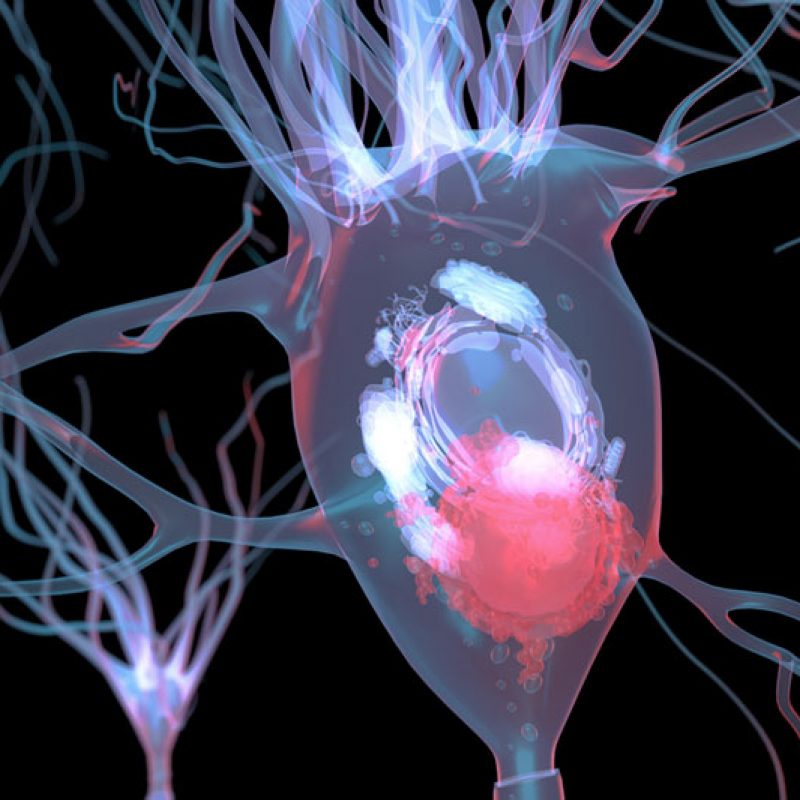
Vascular Dementia
Vascular dementia is a general term describing problems with reasoning, planning, judgment, memory and other thought processes caused by brain damage from impaired blood flow to the brain.
Factors that increase the risk of heart disease and stroke — including diabetes, high blood pressure, high cholesterol and smoking — also raise the vascular dementia risk. Controlling these factors may help lower the chances of developing vascular dementia.
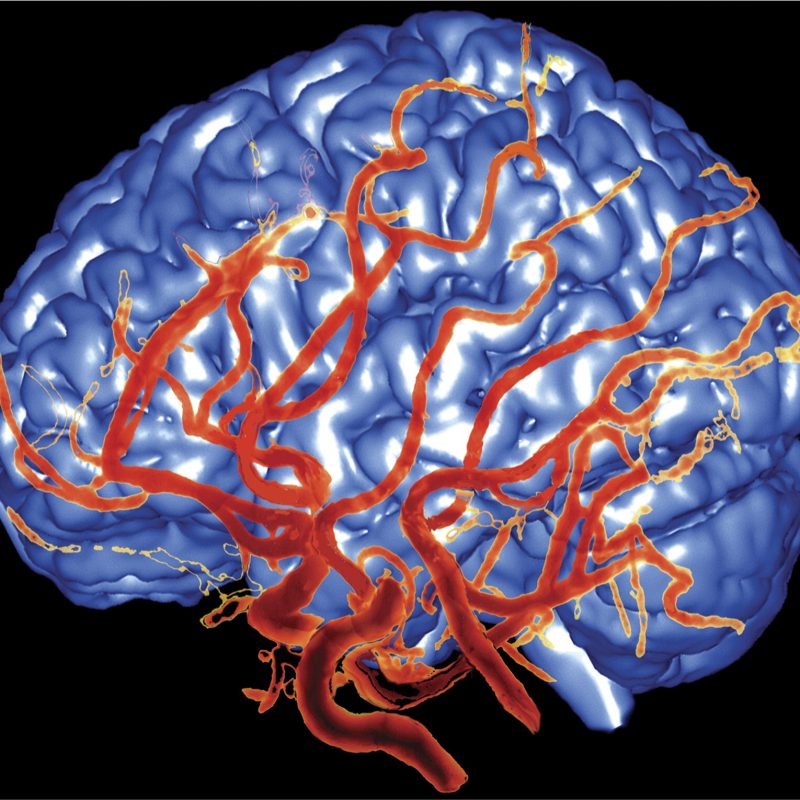
Frontotemporal Dementia
Frontotemporal dementia (FTD), a common cause of dementia, is a group of disorders that occur when nerve cells in the frontal and temporal lobes of the brain are lost. This causes the lobes to shrink. FTD can affect behavior, personality, language, and movement. These disorders are among the most common dementias that strike at younger ages. Symptoms typically start between the ages of 40 and 65, but FTD can strike young adults and those who are older. FTD affects men and women equally.
